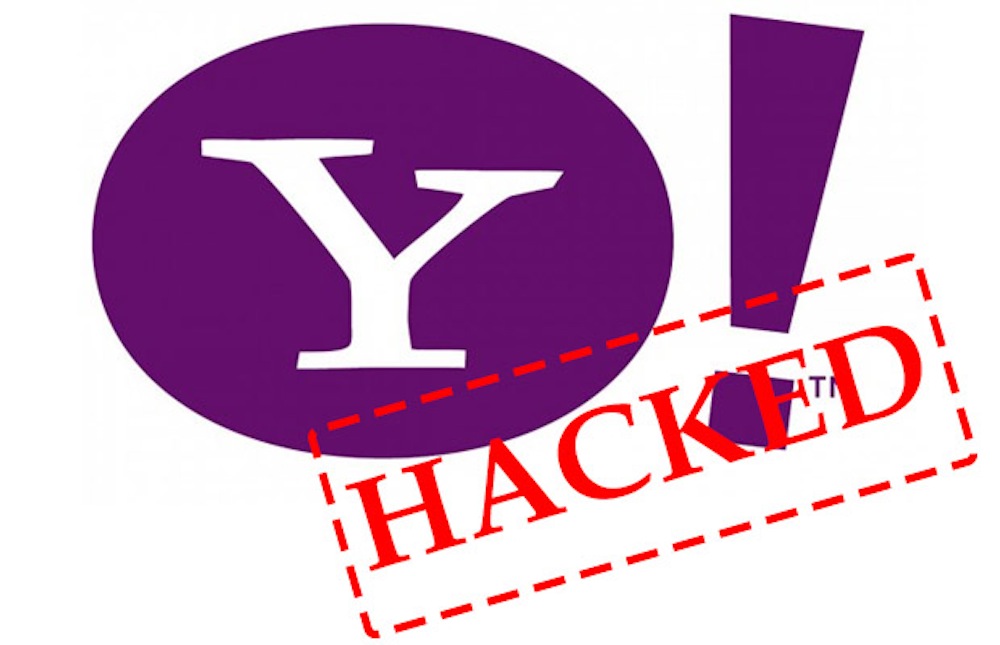If you thought the Great Yahoo Hack of 2014 was bad because it affected over 500 million user accounts, this security breach will knock your socks off. Yahoo revealed late last night that over 1 billion user accounts were hacked in August 2013.
If you think you’re not going to be affected because it was just too long ago, think again. As long as your password hasn’t been changed since then, you’re still very much at risk. There’s no statutory limit on how long hackers have to breach your account. As long as the account details are out, it doesn’t matter how long ago that happened.
Yahoo is now warning users via email that they need to change their passwords and upgrade their security, but this opens up a huge window of opportunity for hackers to send potentially dangerous links to your account via email.
How can you distinguish between a genuine email sent by Yahoo and one sent by a hacker. For a user that doesn’t have access to special tools, it’s just not possible.
The best thing to do at this point is IGNORE all emails that supposedly came from Yahoo. Also, avoid opening emails with attachments – especially from users you don’t have on your contacts list.
Second, immediately change your password to a more complex one that can’t easily be hacked. Don’t use one that you’ve used any time in the past. If you need to write it down somewhere, make sure you keep that piece of paper as safe as you possibly can. Better yet, save it in a cloud-based password tool like Apple’s Keychain or LastPass.
The cybersecurity threat we are now faced with is a massive problem of epidemic proportions. Says Avivah Litan, VP at Gartner Research:
“We truly are under major siege and we’re unprepared for it. It really is a national emergency. We need a national response plan for this.”
Hackers have also acquired new targets now. Where before they used to focus their efforts on breaking into servers and security systems, they are now focusing on user devices and connected devices that are part of Internet of Things systems. That actually makes it easier for them to hold devices to ransom, as affected users well know.
The problem is widespread, and the breach of Yahoo accounts starting back in 2013 only goes to show that this is by no means a recent problem.
The best way to deal with this might at a national level, as Litan points out, but the immediate way to address the issue is at the individual user level. By following proper security protocols online, we not only protect ourselves, but we offer a collective resistance to the onslaught of hackers.
The Internet is the present and the future for us. If we can’t protect it in small ways by the actions we take, we have no right to blame the government for any steps that it doesn’t take.
The Yahoo breaches, the botnet attack in October and every other major incident over the last few years should have taught us one thing – that every one of us is at risk, not just large companies, banks and governments. If we don’t act to safeguard our own accounts, we have no excuse to fall back on when we’re at the receiving end of an attack.
Thanks for reading our work! Please bookmark 1redDrop.com to keep tabs on the hottest, most happening tech and business news from around the world. On Apple News, please favorite the 1redDrop channel to get us in your news feed.



